KitKat reveals first wrapping from recycled soft plastic
Nestle’s popular KitKat chocolate bar has undergone an Australian-first change being hailed “next level”.
Manufacturing
Don't miss out on the headlines from Manufacturing. Followed categories will be added to My News.
In an Australian-first, a group of companies have joined forces to produce the nation’s first soft plastic food wrapper made from recycled content.
While Australia has long recycled soft plastic waste for road base and furniture it has previously not been able to be turned back into the product that it once was.
But the KitKat wrapping from recycled soft plastics is being hailed as Australia’s critical missing link in a circular economy to keep waste out of landfill, as part of the Federal Government’s pledge made during last year’s national plastics summit.
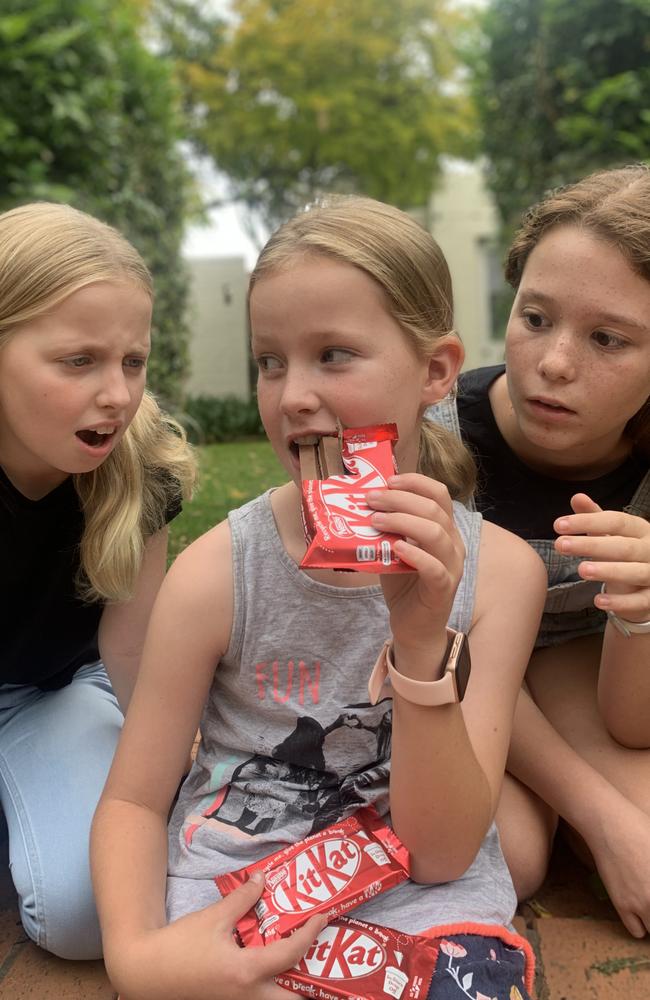
The prototype KitKat wrapper initiative emerged from a trial on the NSW Central Coast, where Australian Recycler iQ Renew and Nestlé worked together on a door-to-door collection of soft plastics.
The successful prototype wrappers for the chocolate bar will roll out nationally at some point and it is hoped they will be the first of other soft plastic products to be recycled back into what they were.
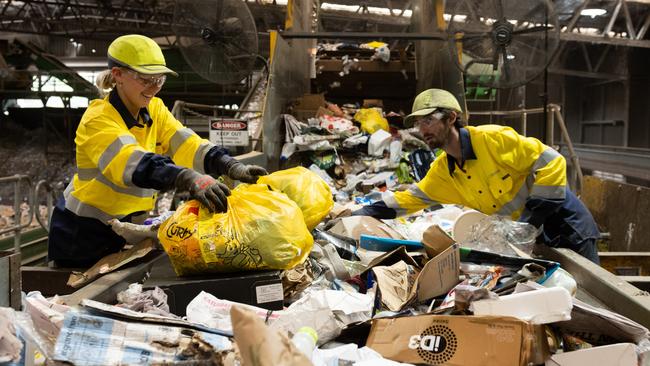
Environment Minister Sussan Ley told News Corp Australia the initiative was “next level”.
“We want to work constructively with all players across the plastics supply chain and this exciting recycling initiative from Nestle and its partners, the first of its kind in Australia and the first to use Australian technology and innovation is just one example of industry leading the way through innovation and product stewardship,” she said.
“The Morrison Government started a national conversation on waste plastic at last year’s National Plastic Summit. Since then, we have taken the fight against plastic waste to a new level and it is wonderful to see industry coming along with us on the sustainability journey.”
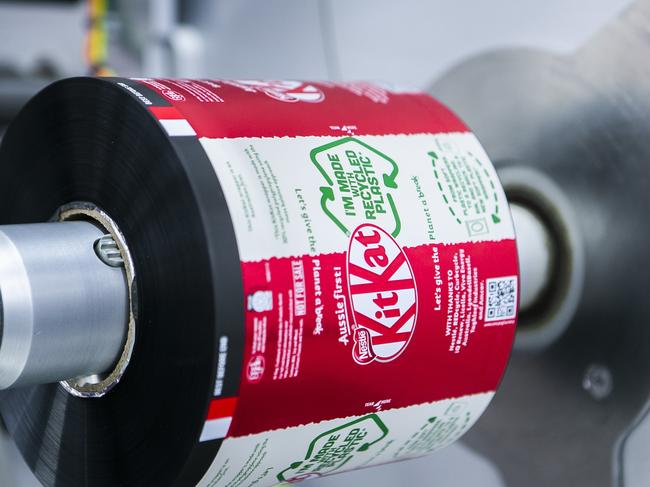
The prototype KitKat wrapper was created by a coalition of companies each inputting their expertise to collect and process to turn it into oil and back into a wrapper, including Nestlé, CurbCycle, iQ Renew, Licella, Viva Energy Australia, LyondellBasell, REDcycle, Taghleef Industries and Amcor.
CEO of Nestlé Australia Sandra Martinez said the project had been driven by a shared determination to resolve the soft plastics challenge, and an enormous amount of good will.
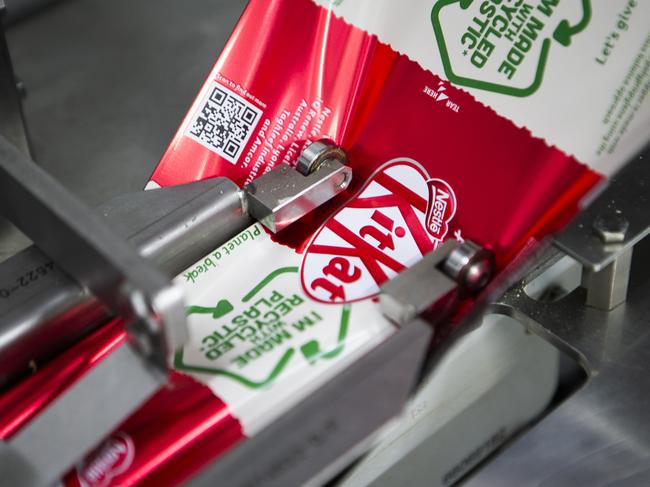
“Between us, we have shown that there’s a pathway to solve the soft plastics problem. To build this at scale, across all states and territories, across hundreds of councils, is going to take a huge effort from government at all levels, from industry and from consumers,” Ms Martinez said.
Danial Gallagher, CEO of iQ Renew, said the trial involved soft plastics collected from kerbside recycling bins in a dedicated bright yellow bag, then sorted from the recycling stream and sent to Licella for conversion into oil which was then turned into new food grade soft plastic.
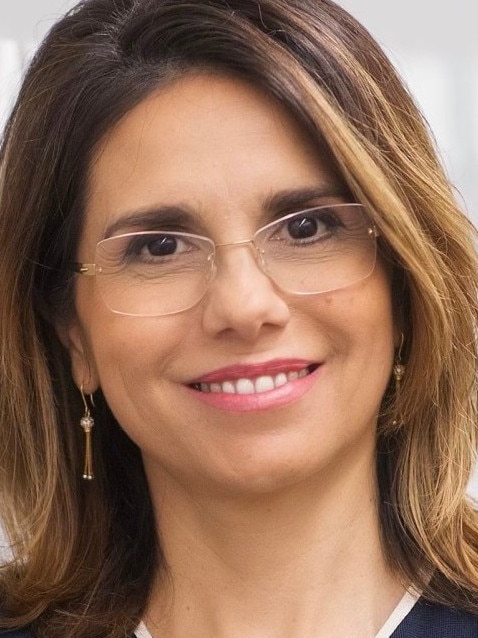
Australian Food and Grocery Council (AFGC) CEO Tanya Barden said learnings from the trial would determine how best to develop an extended producer responsibility scheme for hard to recycle plastics.
“Among other things, we’ll be looking at how this model can be scaled up, ensuring there is healthy demand for packaging with recycled content and helping bring to life local industries that can unlock billions of dollars of value that’s currently lost to landfill,” said Ms Barden.




